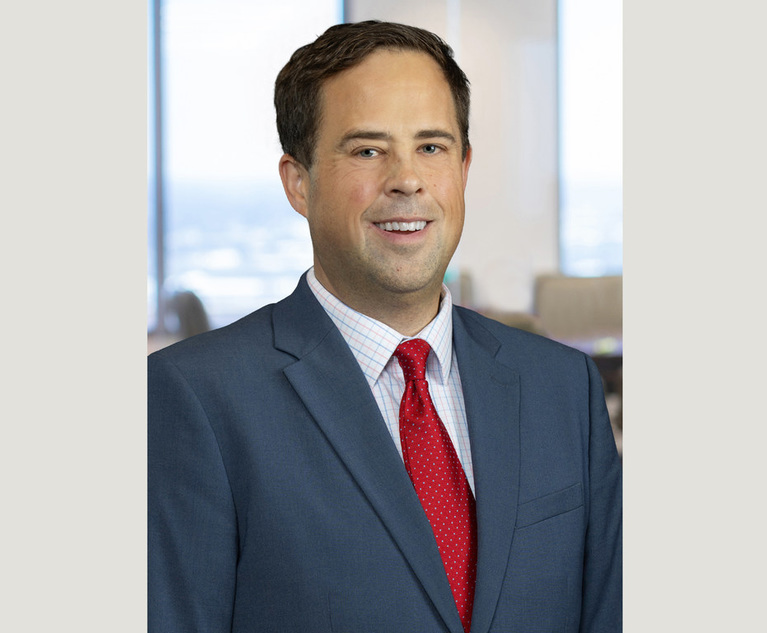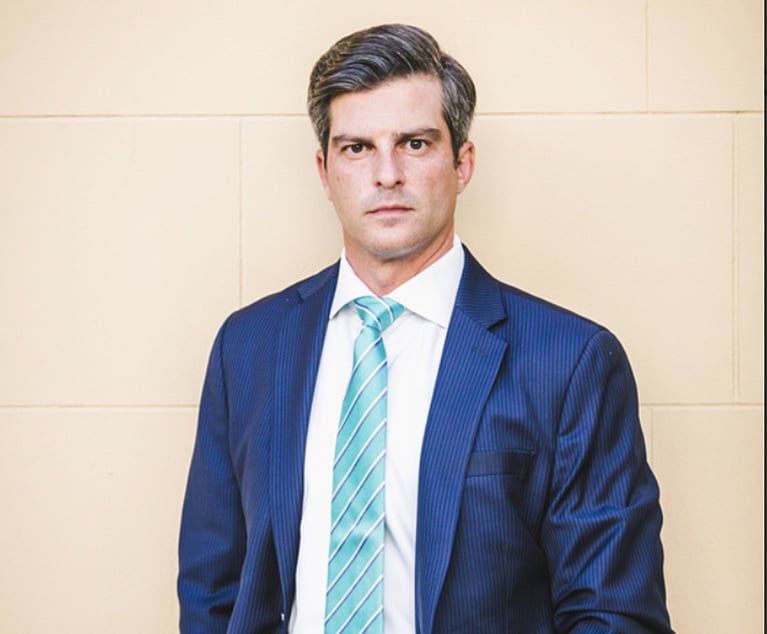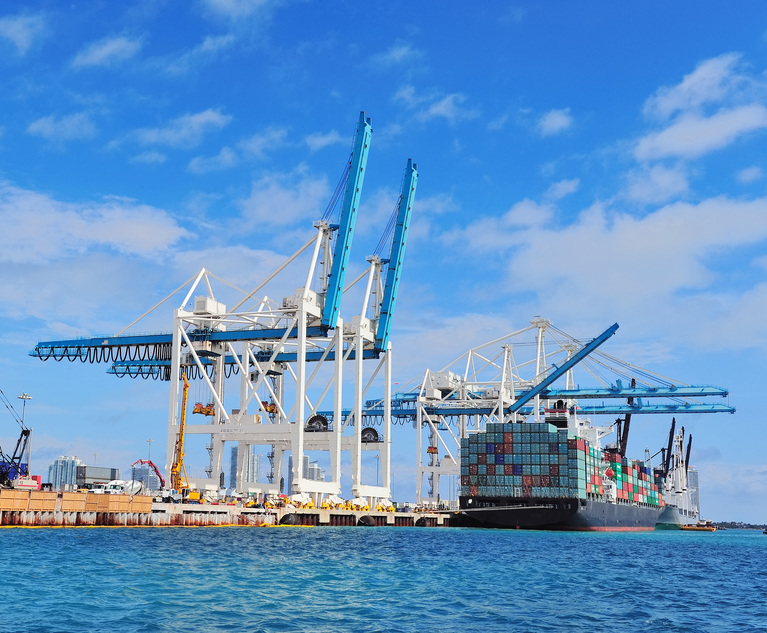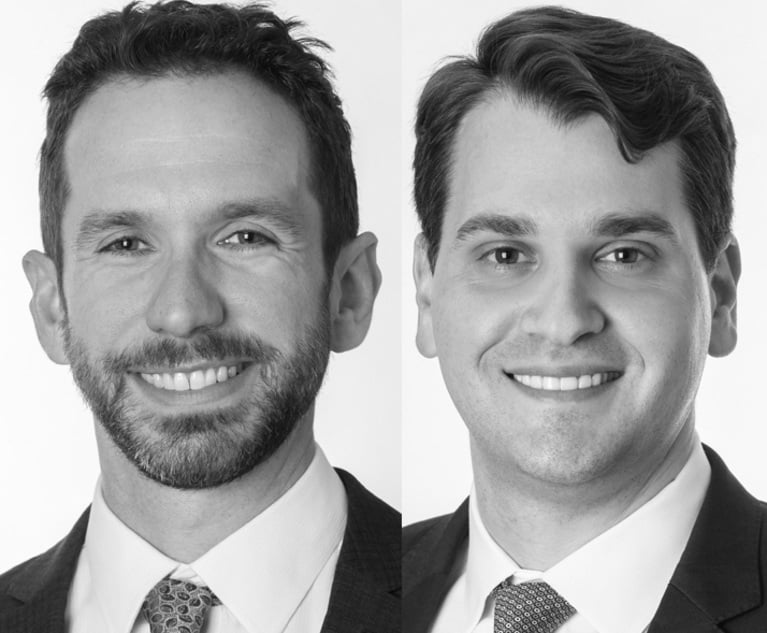A few amendments to the Local Rules of the Southern District of Florida became effective on Dec. 1, 2021. For those keeping track—and that should include anyone who practices in federal court in South Florida—the set of amendments from this past cycle are less extensive than amendments from prior, recent cycles. But they are important to note:
- D. Fla. L.R. 7.8 is a new rule that addresses the filing of supplemental authorities. This rule was largely modeled after Fed. R. App. P. 28(j) and will hopefully bring order to a somewhat ad hoc process that has sometimes been questioned by the courts. See, e.g., Barron v. Snyder’s-Lance, 2014 WL 2686060, at *2 (S.D. Fla. June 13, 2014) (striking a notice of supplemental authority that contained “a surfeit of legal arguments”); Berkley Assurance v. Corredor, Husseini & Snedaker, 2018 WL 4777571, at *3, n.1 (S.D. Fla. July 13, 2018) (noting that “it is procedurally improper to cite a two-year-old case as supplemental authority”).
- Motions made pursuant to 28 U.S.C. Section 2255 are not subject to the district’s rule requiring a notice when a motion has not been addressed within 90 days after the motion is fully briefed.
- There has long been a rule in the district providing that (with certain exceptions), each party is only permitted to file one motion for summary judgment. Over the years, lawyers practicing before the court sometimes have unintentionally violated this rule. This is perhaps understandable as this is not a rule that appears in the local rules of most other federal courts (including the other two federal courts in Florida) and is also different from Florida state practice. Perhaps this misunderstanding could be because the rule appeared in the local rule section on “motions, general” (Rule 7.1) as opposed to “motions for summary judgment” (Rule 56.1). This is a rule that people usually run afoul of only once. Hopefully, the amendment will help cut down on unwitting violations.
- D. Fla. L.R. 26.1(e)(2)(B)(ii)(c) is a new rule that addresses what can be described as a “trade secret log.” Litigators all know what a privilege log is. Lawyers often object to producing documents on the grounds that the requested information is a trade secret. There is now a process to produce a “log” when such an objection is made.
- Several of our local law schools, such as the University of Miami, St. Thomas and Nova Southeastern, have excellent programs where law students can gain practical experience in a clinical setting. The local rule is now amended to state that students in a bankruptcy clinical placement program can practice in bankruptcy court, under appropriate supervision, after at least two semesters of legal studies or the equivalent—instead of the four semesters that are required for other work. From a practical perspective, this will open up the opportunity for 2L law students.
And that is all for this year. The local rules are available at:


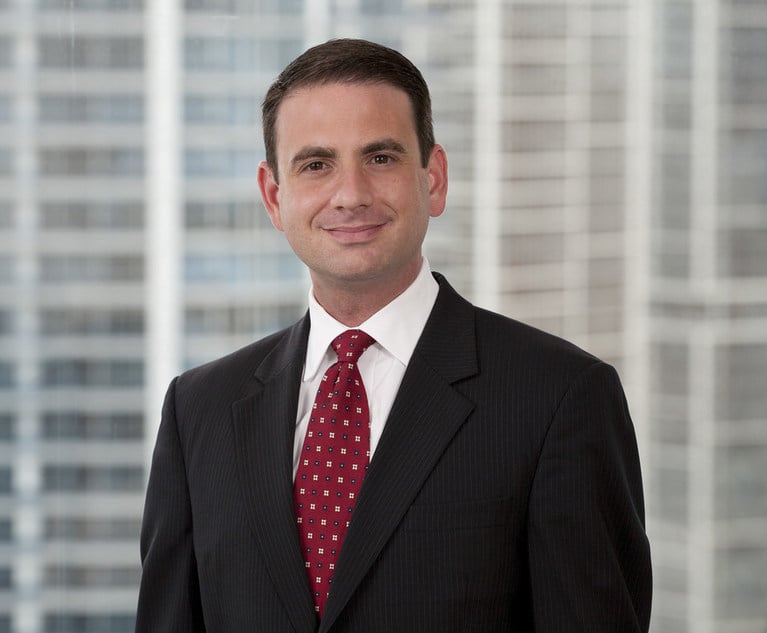 Aaron Weiss of Carlton Fields. Courtesy photo
Aaron Weiss of Carlton Fields. Courtesy photo
